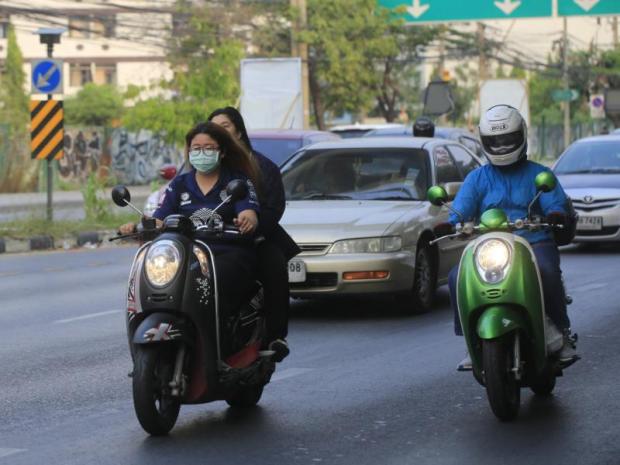
The Excise Department could revise its tax structure for conventional cars by tightening greenhouse gas emission limits in a push to encourage electric vehicle (EV) production and usage in Thailand.
The excise tax structure for internal combustion cars does not encourage automakers to produce EVs, so the tax rates need to be reworked, said a source at the Excise Department who requested anonymity.
The department could tighten carbon dioxide emission standards and levy a higher tax rate for conventional cars that emit more greenhouse gas than the limit, the source said.
Even though the excise tax on EVs is a meagre 2% and import tax is close to zero, EV sales and production in Thailand have not gained traction.
The source said the current low tax rates for EVs are not an incentive, so other measures are needed to encourage consumers to shift to using EVs.
To make EV use pervasive, prices must fall below 1 million baht per unit, the source said.
Without widespread usage, other facilities such as charging stations or battery plants for EVs will not be developed here, the source said.
The Excise Department is working out the details of the tax package, including the excise tax on EVs, with the aim of supporting targeted S-curve industries. The package is expected to go before the cabinet by the end of this year.
Regarding the excise tax on foods containing high sodium, the department will consider taxing vacuum-sealed food products with nutrition labels stating sodium content, such as instant noodles, to nudge manufacturers to reduce such ingredients, the source said.
The Public Health Ministry, however, will be responsible for setting the sodium and saturated fat content limits.
The source said vegetable oil will not be subject to the trans fat tax, as it is considered a cooking ingredient. This tax exemption is to prevent affecting the industry and the overall economy.
The Public Health Ministry is set to ban partially hydrogenated oils, the main source of hazardous trans fatty acids, from early next year.
The Excise Department is offering a relief period of 3-5 years for local manufacturers to reduce salt and trans fat in foods, helping people avoid health problems, the source said.